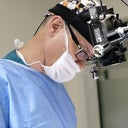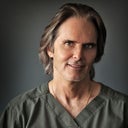Hello and thank you for your question. It sounds like your concerns are the dorsal hump, breathing issues, and the shape of your nose. Addressing the dorsal hump and the shape of the nose (particularly the nasal tip) are 2 of the most common reasons people seek out and undergo a rhinoplasty. Many people complain that their nasal tip is too "bulbous" or "boxy" or just poorly defined, and that they would like it to be smaller, cuter, more defined, or more feminine. An open septorhinoplasty can best address the entire nose, and is particularly effective for addressing all the issues you are concerned with.












